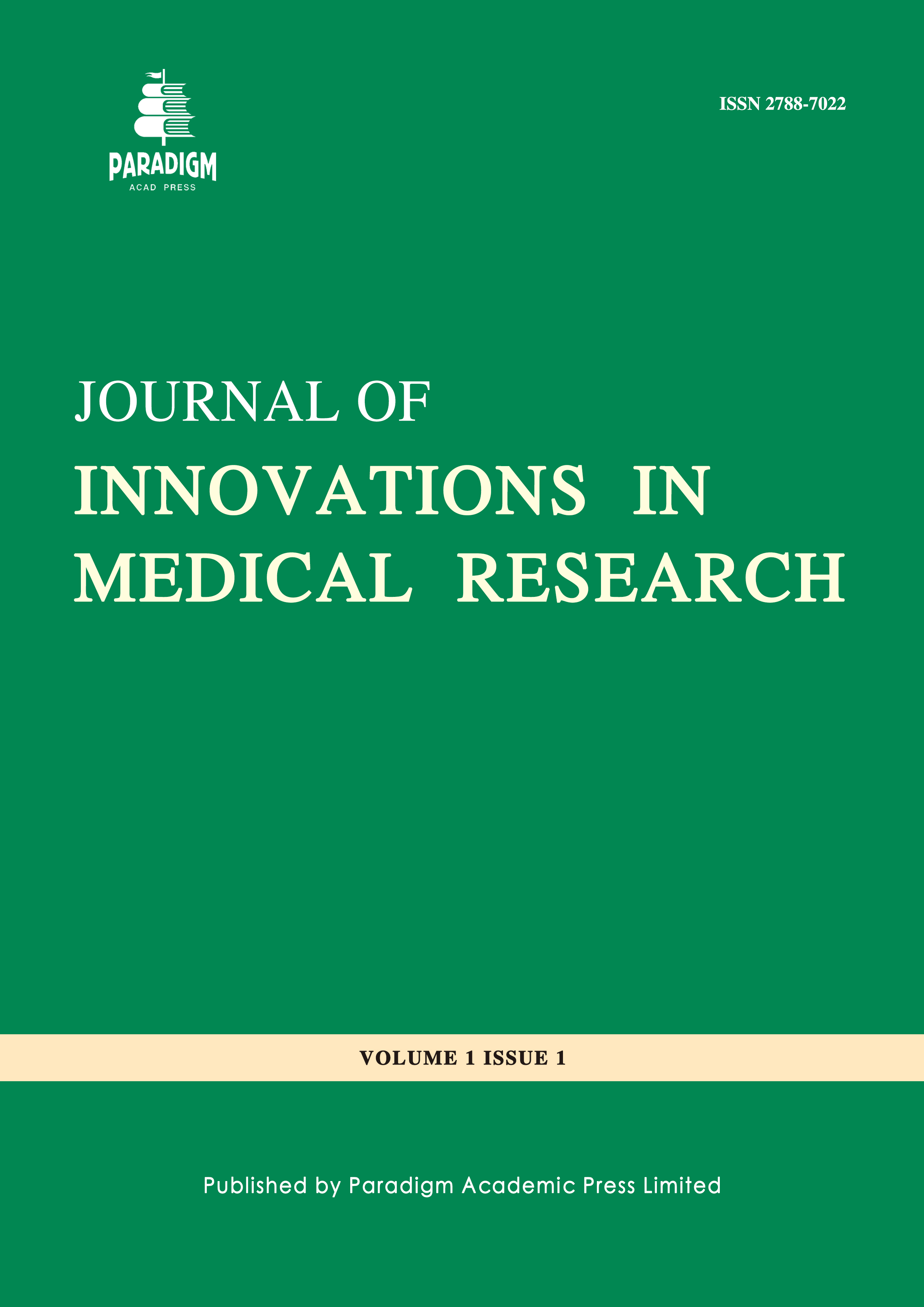Evolution and Controversy of Treatment Mode for Locally Advanced Rectal Cancer: From Traditional Chemoradiotherapy to Total Neoadjuvant Therapy Combined with Immunotherapy Strategy
Keywords:
total neoadjuvant therapy, treatment mode, chemoradiotherapy, immunotherapyAbstract
In recent years, the treatment mode of locally advanced rectal cancer (LARC) has undergone a significant evolution from postoperative adjuvant chemoradiotherapy to neoadjuvant chemoradiotherapy, and then to total neoadjuvant therapy (TNT). Although the traditional mode of “preoperative chemoradiotherapy + surgery + adjuvant chemotherapy” reduces the local recurrence rate, the distant metastasis rate is still high, and the compliance of postoperative adjuvant chemotherapy is poor. By advancing postoperative chemotherapy to preoperative period, TNT has formed “induction chemotherapy + concurrent chemoradiotherapy + surgery” or “concurrent chemoradiotherapy + consolidation chemotherapy + surgery” mode, which has significantly improved the completion rate of treatment and the rate of pathological complete response (pCR). Many studies have shown that induction chemotherapy has the potential to improve disease free survival (DFS) and metastasis control, while consolidation chemotherapy has advantages in organ preservation rate. In addition, breakthroughs have been made in immunotherapy for patients with Mismatch Repair Deficiency (dMMR). Single-agent PD-1 inhibitors can lead to clinical complete response (cCR) in some patients. However, the immunotherapy response of patients with Microsatellite stability (MSS) still needs a breakthrough. The current controversies focus on the selection of chemotherapy timing in TNT mode, the synergistic mechanism of radiotherapy and immunotherapy, and the optimization of precise stratification strategy. In the future, it is necessary to integrate multi-omics data and artificial intelligence models, combined with dynamic efficacy evaluation, to promote individualized treatment decisions, and ultimately achieve the dual goals of survival benefit and function preservation.



